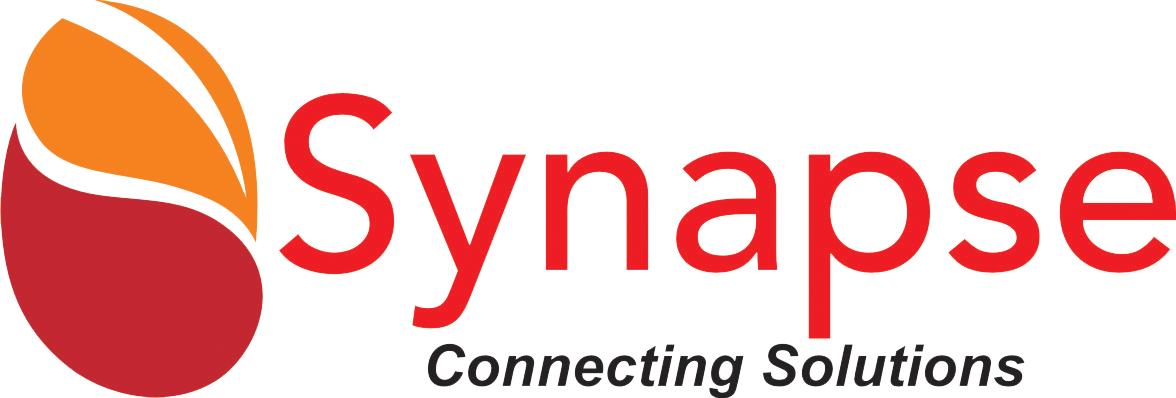Startup Innovations
We think access to technology should be ubiquitous and not limited by the structure of an organization
By Neuron
The term innovation does not belong to a particular region or segment of society – It can happen anywhere. There is a widespread belief among founders that a well-written business plan, org chart, thoroughly thought out financial plan, and a lined up venture capital meeting is a precursor to startup success. These items are never a necessity for startup success.
We have seen and worked with entrepreneurs that have the grit and passion for proving what they believe in, with little to no capital in the early stages.
Bootstrapping a business comes with its own set of challenges.
– The first being wearing multiple hats and the expertise of doing everything with perfection around the same time. What might be a year’s work to a large organization is a week’s work in a startup world, where everything is a make-or-break deal.
– The second challenge which almost every founder has to deal with is delegating tasks that they are not good at to other small contractors or specialized firms. We have seen this to be a significant cause of startups failing before they even take off the ground. Not realizing and adapting early to one’s weakness can take a toll on time and money.
– The third in line almost is the cost control. The appetite of a startup to spend money is minimal. However, there is a thin difference between “not having money to spend” versus “not wanting to spend.” The latter qualifies as a risk-averse mindset and not confident in one’s vision. We have noticed that almost all startups fail when the founder(s) work with the objective of not having any skin in the game.
We believe that running a startup is a life-transforming experience and everyone should try it once. Ability to learn new things that once were unfathomable, or the courage to take that extra risk while believing in something is all part of the startup experience.
– The last one that is big on our list is technology and support. From inception, being a startup ourselves we realized that there were a lot of limiting factors in architecting a solution. We spent significant time in architecting solutions with legacy hosting providers, and it was not flexible and counter-productive. It took weeks to develop and a similar amount of time to deploy and test. This entire exercise ended up creating solutions that were not the best for business requirements and were not easily scalable. Not only were we left to the mercy of hosting solutions, but we also did not have any operational support for our applications.
After years of learning, we at Synapse created a flexible architecture strategy to help startups facing similar challenges. Today at Synapse we run multi-cloud platforms that allow startups and enterprises alike to run early-stage and production scale applications on our cloud-native environment.
Today after having spent countless hours and resources in working with our customers we have tailored our offerings to support disruption at scale. It is our payback in a way to the community that we believe will bring the change that we all need. We think access to technology should be ubiquitous and not limited by the structure of an organization, i.e., startup versus a big conglomerate.
We at Synapse work with our customers to conceptualize an idea, architect the solution, design & develop products and host it on enterprise-scale platforms. Our operations team provides support to our customers at the same SLA’s that we offer to larger enterprises. Our DevOps and development teamwork on automation and micro-service architecture approach, right from the day they are on-boarded.
While we continually adopt the new technology advancements and learn new concepts, we pass on these benefits to our customers. As a result of the ground-up stage, we develop all solutions with a mature development approach. As part of our development philosophy, we practice a 12-factor application approach where cloud-native code, zero-downtime upgrades (CI/CD), and continuous automation (CA) and deeply rooted in the fundamentals.
